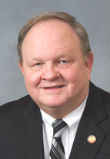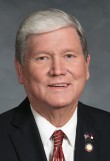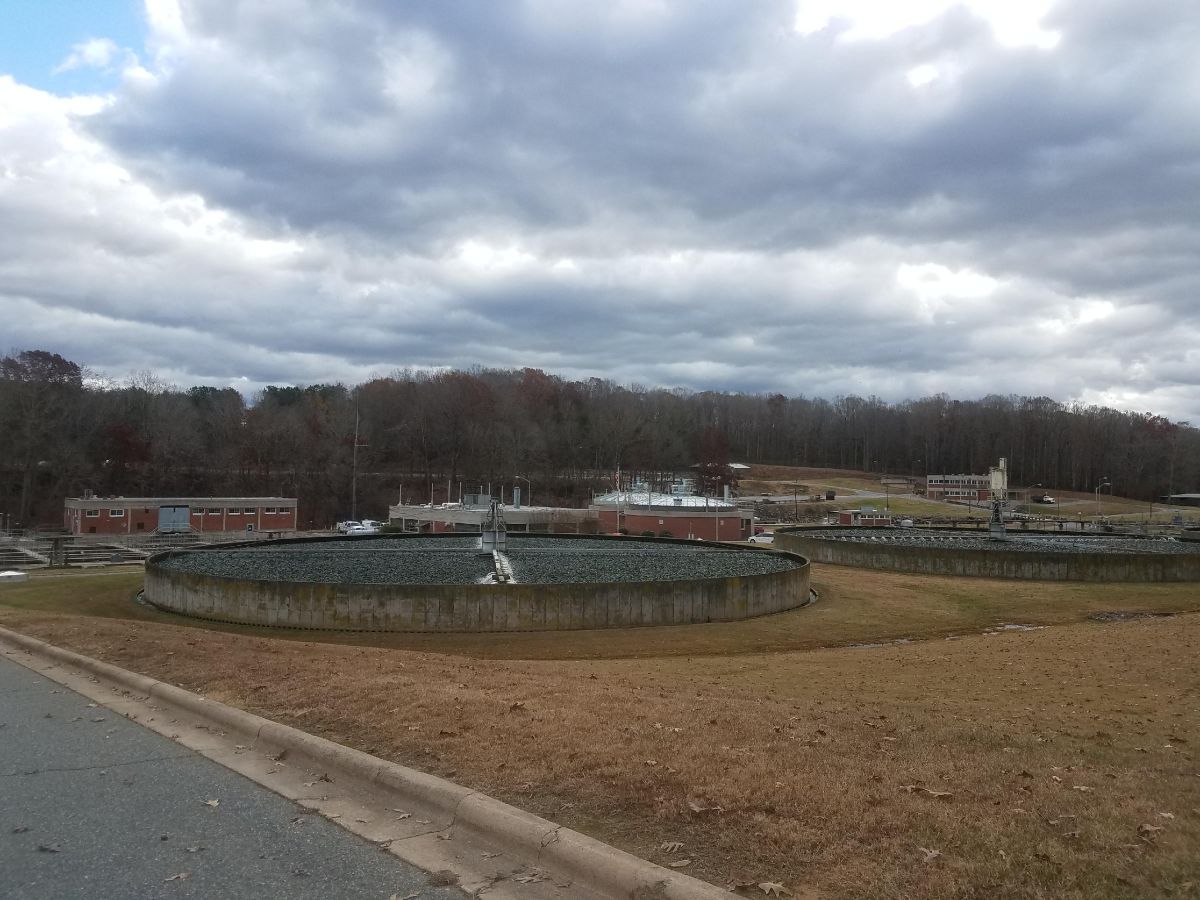RALEIGH – Legislators want time to consider Gov. Pat McCrory’s budget request for $5 million to pay for private lawyers for the N.C. Department of Environmental Quality.

The request is in McCrory’s $22.3 billion spending plan that was released late last month. The litigation funds follow a decision in March by DEQ Secretary Donald van der Vaart to end a contract with the Department of Justice for legal staff. Department officials say the budget request is unrelated to the decision to let the contract expire.
Supporter Spotlight
Legislators, during a meeting Wednesday before the House Appropriations Committee for Agriculture, Environment and Natural and Cultural Resources, asked DEQ officials to lay out their reasoning for the additional $5 million.
Sam Hayes, general counsel for DEQ, said the funds were mainly to handle coal ash-related cases. “We have a host of litigation with Duke Energy regarding coal ash remediation,” Hayes told legislators, adding that the state has spent several million on cases and expects to spend several million more.
As an example of the costs, he said the lawsuit over contamination at the L.V. Sutton generating station near Wilmington cost the state $1.2 million. After the state first pressed for more than $21 million in fines, the two sides agreed to settle for a $7 million fine and $15 million in mitigation at Sutton and other critical sites in the state.
Hayes said the main reason for hiring outside counsel stems from the large volume of discovery materials the coal ash cases generate.

“We’re projected to spend at least $5 million ongoing,” Hayes said, “and a lot of that is for discovery. “We found that the N.C. Department of Justice is just incapable of handling the large volume that we receive. So, we’ve had to associate with outside counsel and contract third-party vendors to handle that discovery and we anticipate millions more going forward for that reason.”
Supporter Spotlight
Legislators said they want to scrutinize the request, before signing off on it.

“I will need to be convinced about the need for extra money for litigation, particularly in light of the Administration to sever its ties with the Attorney General’s staff which was handling routine legal matters and some litigation,” Rep. Chuck McGrady, R-Henderson, one of House’s four main budget chairs, said in an email response to Coastal Review.
Rep. Pricey Harrison, D-Guilford, said in an interview that the move doesn’t make sense.

“I do think it’s ridiculous to spend $5 million of taxpayers money hiring outside counsel when we’ve got a really able and competent environmental division at the department of justice.”
DEQ spokesperson Crystal Feldman said Friday that the end of the contract with the Department of Justice and the $5 million budget request are unrelated. Feldman said the additional funds would be used only for coal ash litigation with Duke Energy.
Adjustments Coming
Rep. Jimmy Dixon, R-Duplin, said the governor’s budget was a good starting point and that he anticipates any adjustments to the DEQ budget to be “light to moderate.”
Dixon said there are likely to be additional changes proposed because of a recent N.C. Supreme Court ruling that found the makeup of the state’s Coal Ash Management Commission to be unconstitutional. McCrory and several former governors had sued legislators over the composition of the commission, which served an executive branch function, yet was dominated by legislative appointees.
In a move several legislators have questioned, McCrory disbanded the commission earlier this year after the ruling.
Dixon said legislators will have to decided what to do about the commission and roughly $600,000 set aside for its work. Both he and McGrady said the legislature should use the money for coal ash programs.

“We are very limited with what we can do with those funds,” Dixon said.
McGrady said Senate and House leaders have yet to decide on whether the legislature will set up a new coal ash management commission or similar entity.
The governor’s budget also maintains increased spending levels approved last year for the Clean Water Management Trust Fund, which was set at $13.8 million. The Farmland Preservation Program would receive an additional $1 million in spending, mostly directed a small, family owned farms, bringing its total to $3.6 million for the next fiscal year.
The Department of Natural and Cultural Resources, which now includes the state parks and some state conservation programs, would see an increase aimed at restoring most of the funding cut last year from the Natural Heritage. The proposal adds back $489,750 and six full-time positions.
The state Parks and Recreation Trust Fund would also see an increase.
McGrady said he supported the additions to the trust funds and the restoration for the Natural Heritage Program.
If there are additional funds available, McGrady said he’d like to see them go toward one-time projects, like improvements to water infrastructure.

Rep. Pat McElraft, R-Carteret, said there were no big surprises in McCrory’s budget and she was pleased to see a boost of $3 million for tourism advertising.
She said one thing she wants to add is funding for spraying for mosquitos as part of the state response to the Zika virus.
The state is spending money to detect it and treat it, she said, “but we need to spend money to prevent it, too. Several years ago we stopped those grants to the counties for mosquito spraying and I’d like to find some money in the budget for that.”
Also, included in McCrory’s budget was a response to a series of continuation reviews, a process that puts a hold on future funding for programs pending a review of its necessity and funding options.
Last year, to tighten up the uses for the state motor fuels taxes and the Highway Trust Fund, legislators ordered a handful of DEQ programs, including funds for the cleanup of leaking underground fuel tanks, disposal of switches with mercury and the states’ Air and Water Quality Account, which is used in part to pay for research used for air quality monitors. All but the mercury switch program, which would be funded within DEQ under the plan, saw funding restored.
The proposal also sets aside $14.6 million in water resource projects, including money to match federal funds for dredging, navigation, flood control and beach protection.







